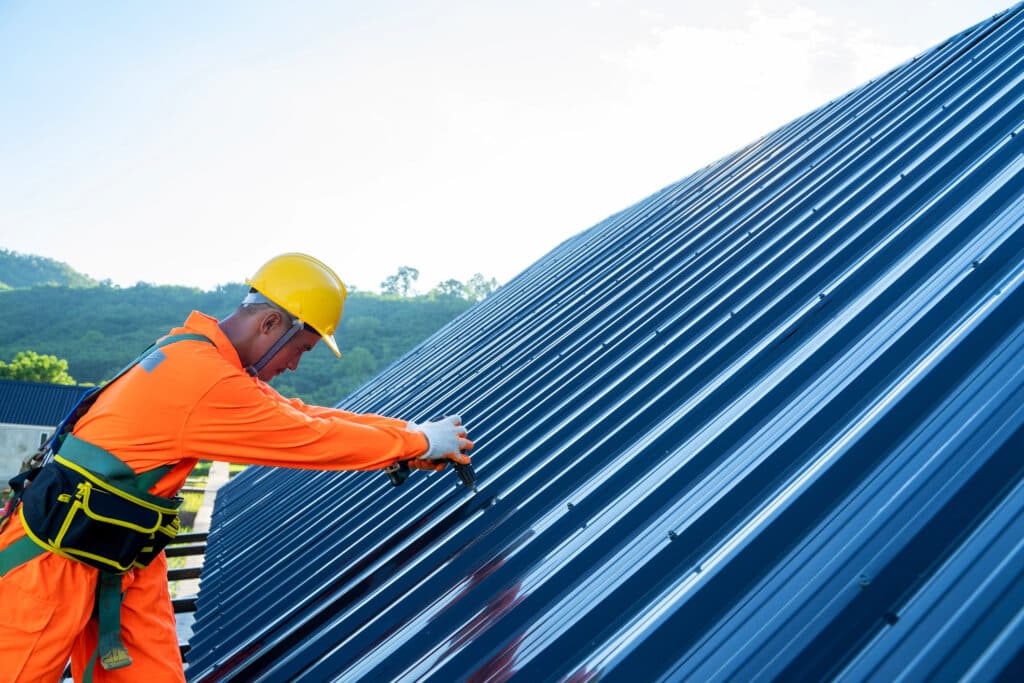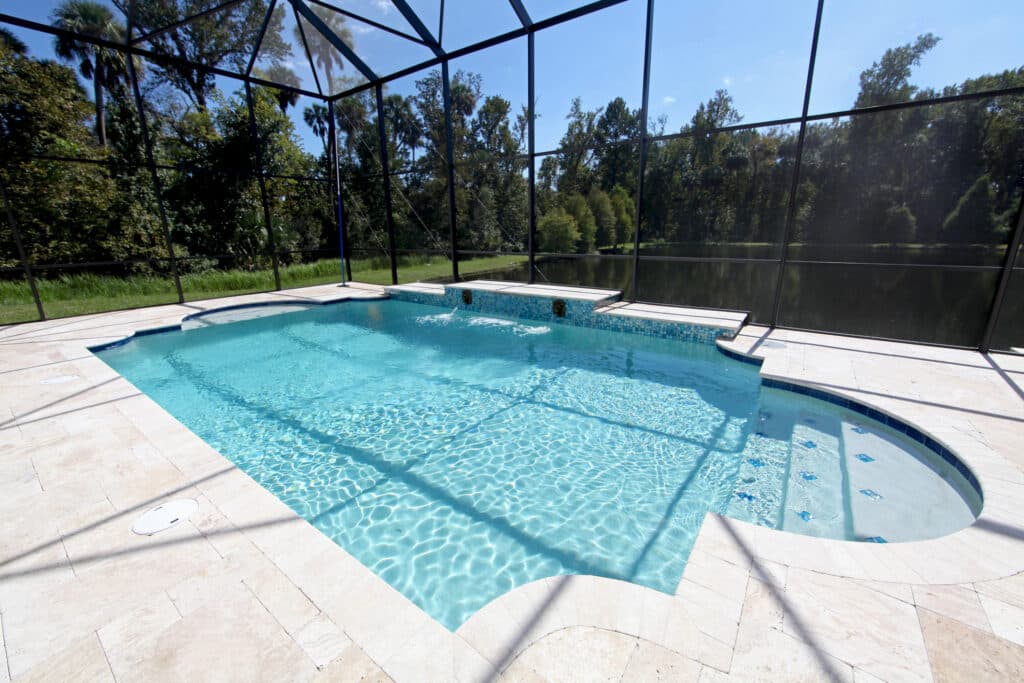Hurricane damage can devastate an area when it makes landfall. Having adequate insurance coverage for your Augusta, Georgia, home is the best way to protect yourself against financial hardships that can arise after a hurricane. By looking at past hurricane recovery efforts, you can decide which coverage you want to include in your insurance policy. Knowing about various types of insurance coverage and their importance can help you choose the right policy for your needs to ensure you're taken care of if a hurricane damages your home and property.
Types of Insurance Coverage
With the right insurance coverage for your home, you can recover most of your losses in the wake of hurricane damage. However, your standard homeowner's insurance is unlikely to cover hurricane damage from flooding and possibly other issues related to the storm. Depending on where you are located, some policies may offer coverage for windstorm damage, but it's not always standard.
This overview of the types of insurance you can acquire may assist you in deciding what types of coverage you might want to consider when it comes to hurricane damage:
Homeowner's Insurance
Your standard homeowner's insurance policy for your Augusta residence should cover wind damage to your home as well as any detached buildings. If your personal property, such as clothing and furniture, is damaged, this is also most likely covered under your general homeowner's insurance policy. Coverage of costs of living expenses due to displacement from wind damage should also be part of your homeowner's insurance policy. Make sure you read your policy to understand exactly what coverage you have.
Flood Insurance
You'll need a separate flood insurance policy to cover any damages from flooding after a hurricane. The best place to get flood insurance is through the National Flood Insurance Program, but a flood insurance policy from the NFIP takes 30 days to take effect, making it vital to plan ahead. Flood insurance will cover damages to your home, detached buildings, and property caused by surging water during a hurricane. This can include foundations, electrical systems, and plumbing as well as the structures themselves.
Water Backup Insurance
When a hurricane causes flooding, it can create other problems like water backup issues. The fast-rising water may cause your septic or sewer system to overflow, pushing water through the plumbing and into your home or yard. If your home has a basement with a sump pump, flooding can cause the sump pump to fail and flood your basement. Water backup insurance will insure these issues and the damages they cause are covered.
Debris Removal Insurance
After a hurricane, you may find debris such as tree limbs, roof shingles, trash, and other materials in your yard. While your homeowner's insurance may cover some degree of debris removal, the coverage may not be enough to help you clear your land. Consider adding coverage for debris removal so you're not left with a mess you can't afford to get rid of.
Windstorm Insurance
If your standard policy doesn't cover windstorm damages you may want to consider adding the coverage to your policy. Additionally, If you already have wind damage coverage but are unsure about whether hurricanes are included with it, contact your insurance agent to find out if you need additional coverage.
Why You Need Adequate Insurance Coverage for Hurricane Damage
According to FEMA, just 1 inch of water in your home can cause as much as $25,000 worth of damage. Without proper insurance, you'll be responsible for all costs acquired to repair your home. This can prove difficult if you don't have the funds to simply repair or rebuild your home without a loan. Additionally, if you have a mortgage on your home, you'll be required to continue making payments even if it is uninhabitable after a hurricane.
Most homeowner's insurance policies don't cover flood damage, it is important to ensure you have a separate policy that will pay for flood-related damages. Knowing what your insurance policy covers before a storm allows you to ensure you have the right coverage, potentially saving you thousands of dollars when put into an already unfortunate situation. Proper coverage will ensure, that only the deductible will be paid out of pocket. This will assist in getting your home back in working order sooner rather than later. Without proper coverage, it can be challenging to get the financial assistance required to make repairs or, in some cases, rebuild after the storm.
How Insurance Helps With Hurricane Recovery Efforts
Recovering from hurricane damage can be a long, arduous process. It can take upwards of a year for affected communities to fully recover from these storms. Filing an insurance claim for damages to your property is just the first step in the recovery process, and can be a lengthy one at that. It can take weeks or months just to finalize a claim and receive payout after a hurricane. For those who don't have insurance, repairing and rebuilding is sure to take even longer and sometimes leads to families or individuals being permanently displaced leaving their homes in disrepair without the financial means to fix it.
Still, having insurance can speed up recovery from hurricane damages despite the lengthy process involved in receiving a payout to help cover the cost of damages. With your payout, you can repair your home, making it habitable in less time than those who have no insurance coverage. Without insurance coverage, you'll be left vulnerable and dependent on aid from other sources or your income, which may also be negatively affected by the storm.
Lessons Learned From Past Hurricane Recovery Efforts
Damages from past hurricanes that caused severe destruction have cost billions of dollars to repair. Many insurance companies and state governments have taken steps to protect themselves and their citizens by implementing stricter guidelines for making buildings and infrastructure more stable. Learn from past hurricane recovery efforts and ensure you have adequate insurance coverage to protect yourself and your family financially.


